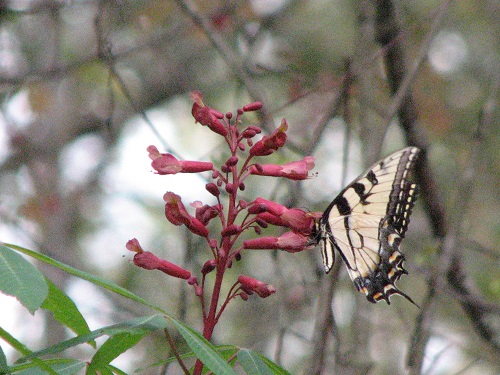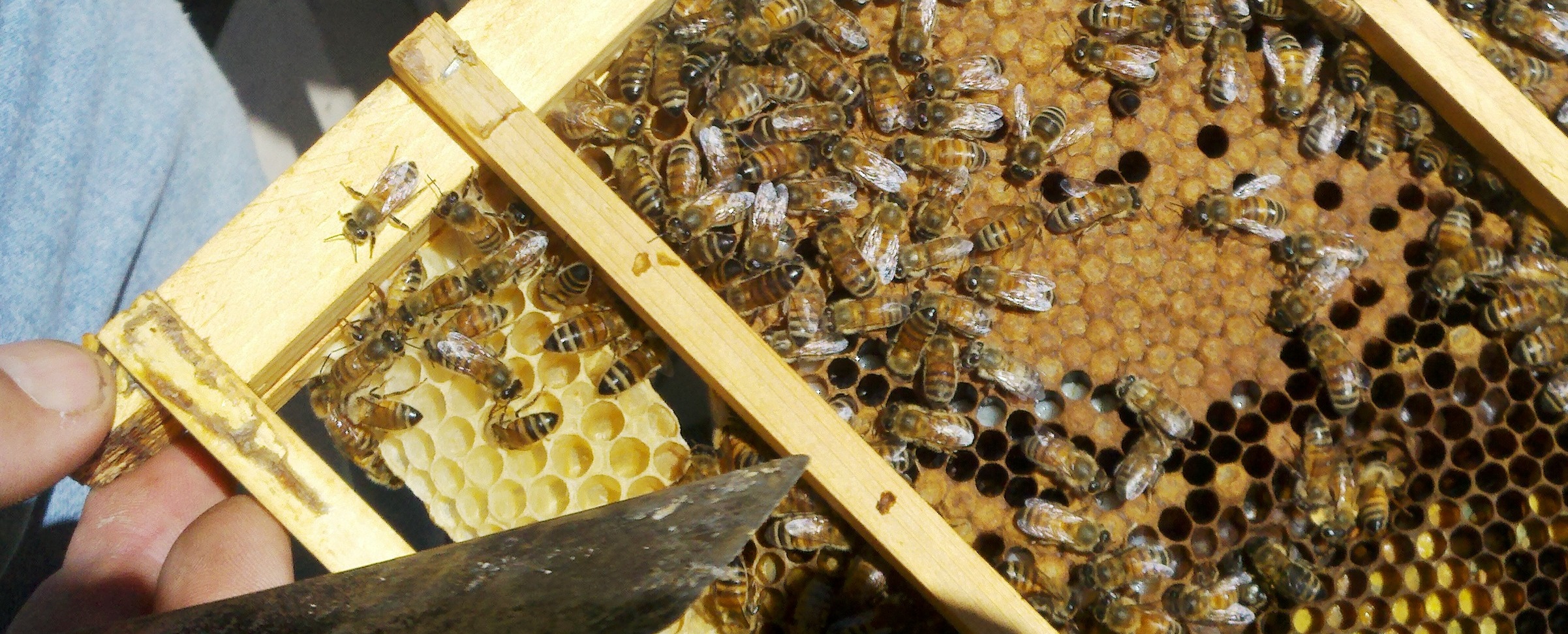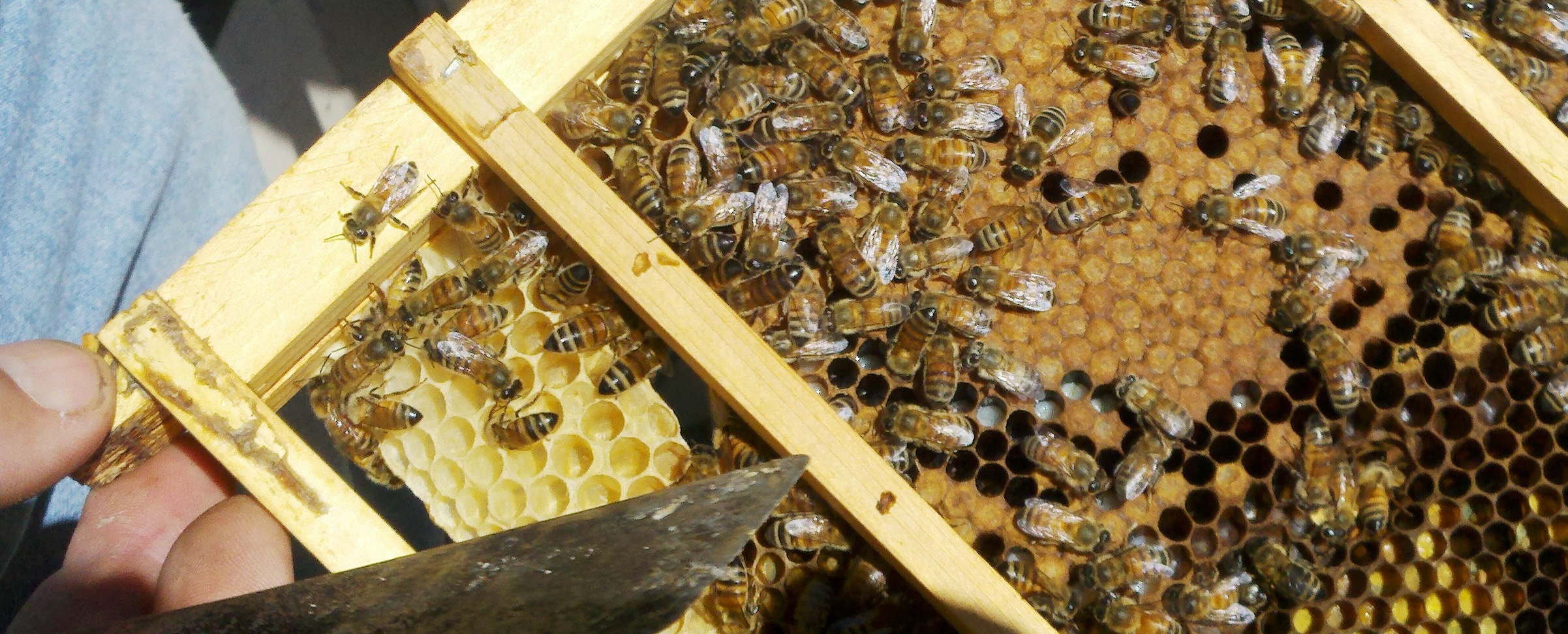
It’s not just the honeybees!

Swallowtail Butterfly Feeding on a native Buckeye. Buckeyes also attract hummingbirds.
Photo Credit: Jed Dillard
Honey bees are quite the buzz these days. Reports of population declines and the importance of their role in pollination have caught the country’s attention. The Northwest District IFAS Beekeepers’ classes have grown by leaps and bounds over the years. Many folks have decided to keep bees for the first time and even those who do not start their own hives are itching to know more about how to help these industrious insects.
As important as the European honeybee is to our agriculture, there are many species of native pollinators that were here when the first European bees arrived with the settlers from England and Spain. Many of our crops were also introduced, but when the Native Americans began growing squash and pumpkins, the honeybees were not around. Many native plants we treasure in landscapes and natural lands are also dependent on these pollinators.
Butterflies may be our most familiar pollinator after honeybees, and growing a butterfly garden is a great way to enjoy these colorful visitors. However, there are many other native insect pollinators. Moths may come to mind next, but native bees are the unknown stars here.
There are over 300 species of native bees in Florida. Some are conspicuous like bumble bees and some are rarely noticed because of their small size. These species are also economically important. Bumble bees are preferred in vegetable greenhouses, because they are more active than honey bees, and are also major pollinators of cotton.
As we increase our interest in native plants, it’s important to preserve and enhance native pollinators. Choosing native plants is just the first step. Many native annuals can reseed themselves if managed properly, and assuring there are appropriate pollinators on hand is one of the key steps in that. If you’ve planted to attract wildlife, you’ll want to know which pollinators will ensure fruit is produced.
As you attract more native pollinators, you’ll have a more vibrant native plant community. As you have a more vibrant native plant community, you’ll support a larger and more diverse native pollinator population, and that’s some more buzz the world needs to catch.
More information on butterfly gardening is available from the University of Florida . UF information on attracting and supporting native bees is available at http://entnemdept.ifas.ufl.edu/honeybee/nbns.shtml, and there is a great citizen science project on native bees (Teachers, youth leaders, parents have you read this far?) “The Native Buzz” at http://entomology.ifas.ufl.edu/ellis/nativebuzz/. The Xerces Society for invertebrate preservation also has informational resources available at http://www.xerces.org/.


